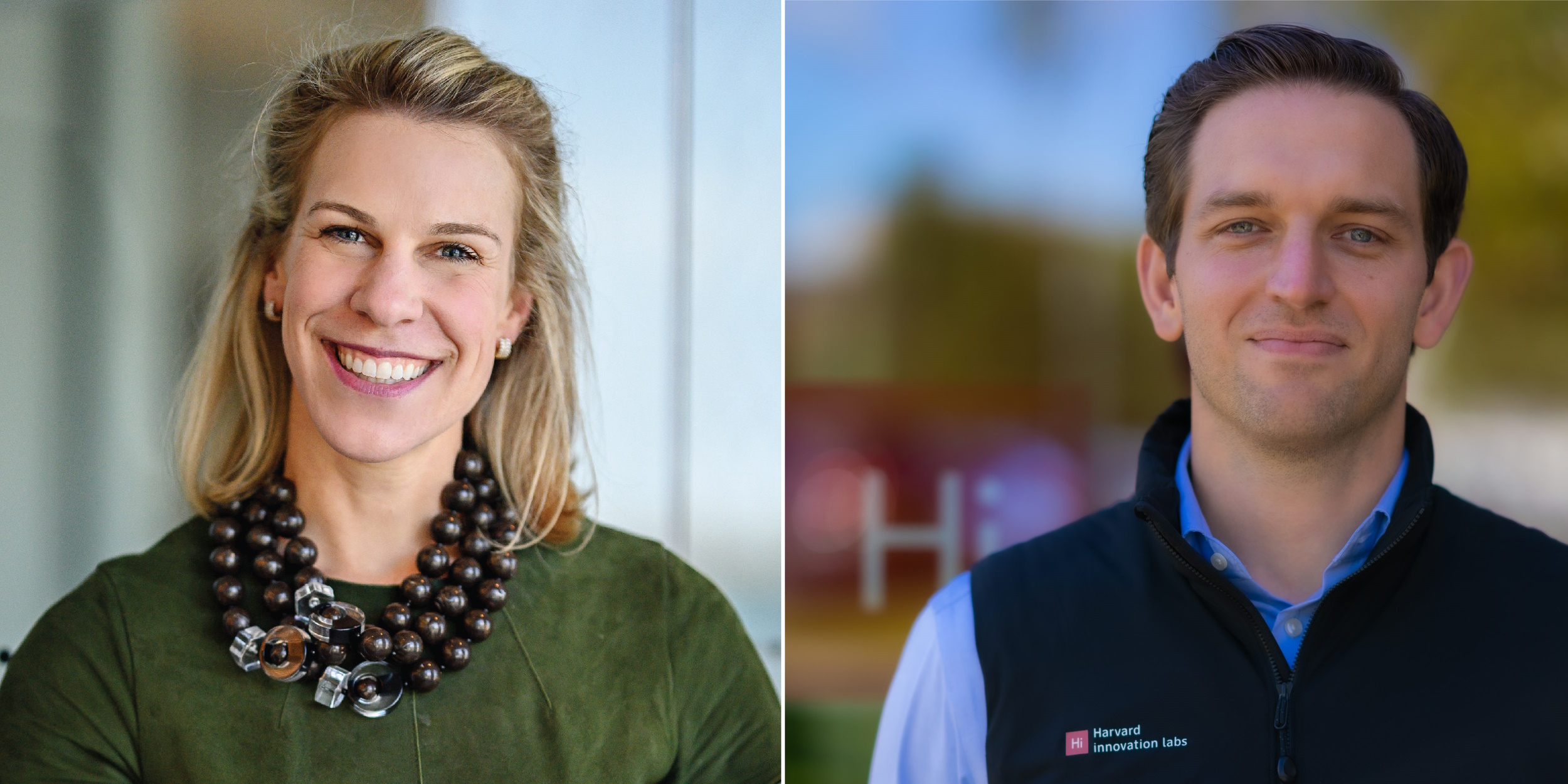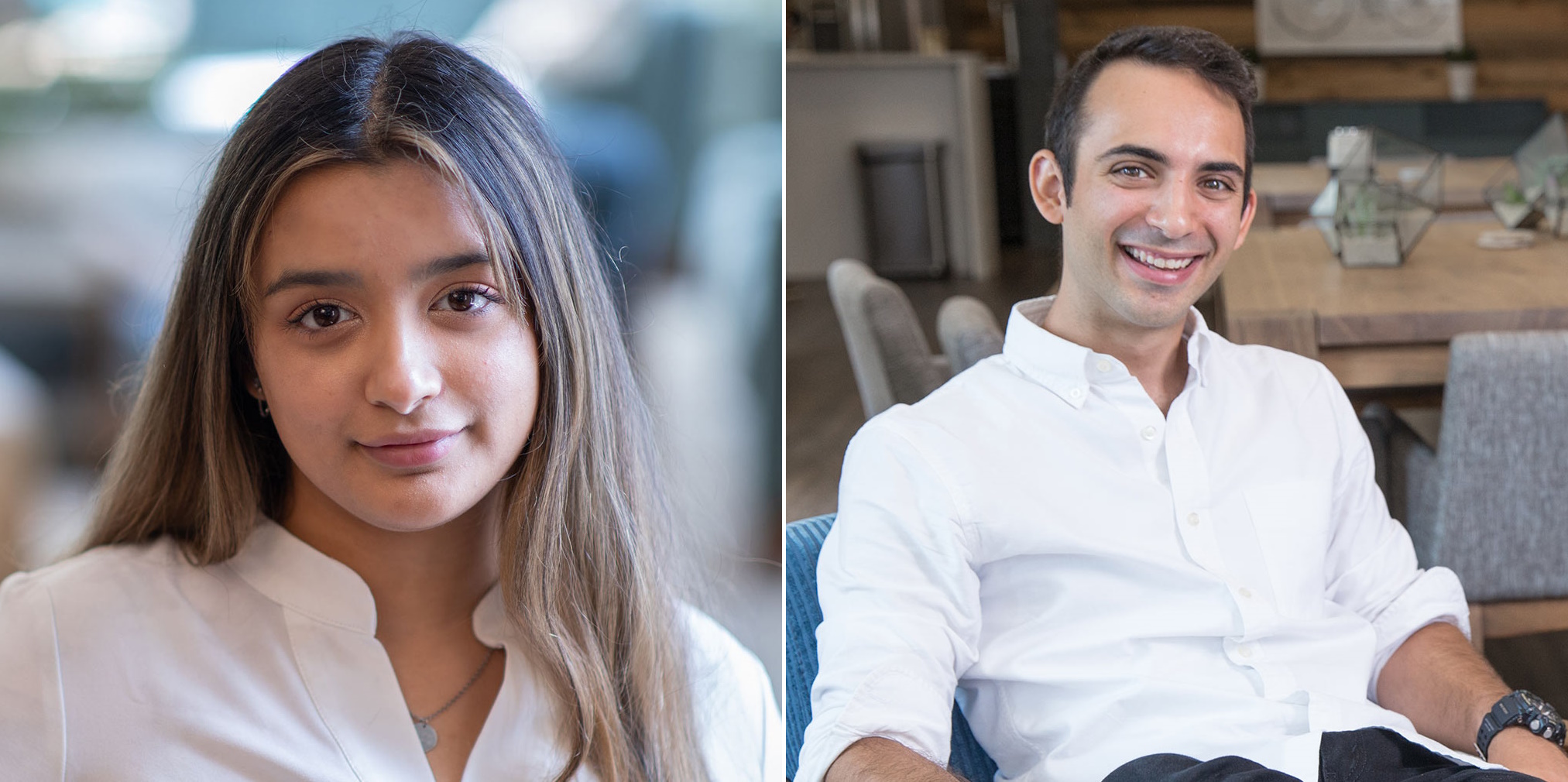City Spotlight: Boston
- Register for the free event here!
- Boston offers a world of advantages for startup founders
- 5 investors discuss Boston’s resilient tech ecosystem
The startup economy has grown and shifted since the turn of the century, and universities — stocked with a never-ending supply of smart, ambitious young people — have increasingly taken part. Boston has always had a robust university-to-startup pipeline, but the last decade has supercharged it, as well as student aspirations to found the next unicorn, change the world or do both at the same time.
Institutions are increasingly embracing this tendency as both inevitable and prestigious. Harvard and MIT loom large over the rest, and their immense resources tend to allow them to experiment with new methods and approaches, such as MIT’s The Engine and Harvard Innovation Labs. Other schools and organizations are not far behind, and the revamped Boston environment is decidedly collaborative.
Attend the TechCrunch City Spotlight: Boston event on February 27, 2023.
Register for the free virtual event here.
But the last few years have been tumultuous and transformative in both education and business. And in the more immediate past, layoffs and a capital crunch suggest, if not a bubble about to burst, at least one with an alarming wobble. How have the changes wrought by the pandemic and stuttering economy affected Boston’s unique ecosystem? Here’s what leaders of some major Boston outfits had to say about it.
Embracing entrepreneurship
“We’ve seen an extraordinary rise of entrepreneurship-focused programs,” said Cait Brumme, CEO of nonprofit startup community MassChallenge. “Tufts, Brandeis, Boston [University], UMass, all these universities now have entrepreneurship programs, incubators, on campus accelerators that are often included in the curriculum.”
Some of that has been just in the last few years. In 2019, Harvard Innovation Labs was tracking 93 concurrent ventures at the school.
“We’re at 673 now,” said executive director Matt Segneri. “There’s been a significant increase in students interested in this work; business, law, design, we’ve seen a representative pie of all of those. Edtech, climate, digital health and biotech, and enterprise have also seen a big uptick.”
Segneri also described crossover work between domains, with consumer-facing rather than therapeutic applications.

Pillar VC principal and co-founder of Petri Tony Kulesa echoed that, saying, “we’ve seen significant exploration of fields outside of therapeutics, bioengineering broadly applied. We are seeing an explosion of entrepreneurs applying bioengineering technology to public health, climate biotech, food, agriculture, and sustainability.”
The shift to remote work and learning has had unpredictable aspects across nearly every industry and segment of society. In the case of student entrepreneurship it seems to have supercharged the community, says Subaita Rahman, a student and entrepreneur herself who has participated in startup scenes in Boston, Toronto and beyond.
“I really think the pandemic increased and accelerated young people getting in earlier, because everything went remote,” explained Rahman, who is currently spending her gap year working at Boston’s Pillar VC. “That really changed things because you can find that environment anywhere you go. There’s also hacker houses popping up everywhere you go, and founders wanting to give back to their communities. Knowledge is being democratized, it’s all out there after years of people trying and failing, in tech and bio and crypto. It’s all just unfolding on the internet.”
Segneri said that this trend is noticeable at Harvard, where entrepreneurship is becoming a more common skill for students to want to cultivate.
“There are more folks coming into these programs who already have entrepreneurial experience — there are college freshmen who already have startup experience,” he said. “There are more people who are orienting to their degree program with entrepreneur experience, and we’re trying to meet people where they are.”

But the trend reaches beyond the student body: Kulesa described increased interest across the board — a migration, even, especially compared to the relatively insular academic community of just a decade ago.
“The most prominent change is the level of interest among academics — both grad students and faculty — in startups, with many even leaving academia to start and run companies. For example, consider these faculty that left academia to start companies: Daphne Koller of insitro, Andy Beck of PathAI, Sri Kosuri of Octant,” he wrote in an email. “This year for the first time, ~50% of graduating PhDs want to enter industry rather than remaining in academia.”
Learning and doing
In the undergrad world, it’s not just about learning Business Management 101, though. As Brumme points out, entrepreneurship involves more than that.
“It’s building in the notion of entrepreneurship as a professional skill: not just the founder as entrepreneur, but all of us as entrepreneurs in our own organizations,” she said.
“The education mission is essential,” Segneri said, and commercial success isn’t always the outcome or even goal. “For people just dabbling in this work, what they’re learning is not just how to build a company — they’re learning hypothesis testing, learning by doing. Applying what they’re learning in coursework to entrepreneurial work is a way to take that project-based learning into an impact space.”
A side effect of integrating startup lessons into classes is that these skills don’t need to be addressed remedially at the moment someone decides they’d like to start a company.
“And as more institutions engage in that early stage, it has allowed us to reduce our emphasis on classic curriculum and increase our emphasis on having a strong network,” said Brumme.
Segneri described the network side of things as “turning entrepreneurship from a solo sport into a rich community of founders.” Rahman seemed to concur, while also noting that the community reaches between institutions as well as within them.
“All these great universities are so close to each other and they collaborate so much — that’s the key to why Boston is in such a good place,” she said. “There are great people everywhere, not just your alma mater. I found value speaking with people my age, who were more like me, even if they were in different places. It’s always nice to speak with people with wildly different perspectives.”
She also found it a bit funny that, as universities have been working to recreate the tech startup world, “tech has been trying to recreate university, in a way, with hacker houses and stuff — they’re basically dorms, but more curated.” Clearly the collaborative atmosphere of idealistic, early-stage founders is a valuable resource.
Finding the right partner
In fact, it can be valuable enough that one perceives a risk of exploitation. Students are, of course, coming to university to learn, and that needs to be balanced with the siren song of startup millions.
“It reminds me a bit of paid sponsorship for athletes,” mused Brumme. “On one hand, you could say that allowing students access to resources to grow their businesses before graduating provides them value and runway, but does it detract from the core purposes of going to school?”

As young and inexperienced founders, they are also vulnerable to mistakes like trading away too much equity or succumbing to investor pressure. That’s the exception rather than the rule, but one it pays to be aware of.
“No one is insulated from this current environment, but we think the Boston seed and pre-seed system has held up pretty well. We’ve seen experiments from venture firms doing scout programs. Flybridge launched a student-first fund this year focused on Harvard. We saw that with Dorm Room Fund and First Round Capital,” Brumme continued. “Startups would say it’s really hard to raise funding still, and we work on getting them access to non-dilutive options. VC is a very powerful partner for the right moment in time, but it is not the right mechanism or option for all founders, especially early ones; 25-30 percent of the companies we back intend to bootstrap as long as they can.”
“There are a bunch of new funding mechanisms coming online,” said Kulesa, naming Convergent Research, Arc Institute, Fast Grants and Homeworld as organizations changing research funding models. VC is adapting too; Pillar is working directly with the student-led nonprofit incubator Nucleate to find and fund university spinoffs.
Rahman warned, however, of biting off more than you can chew as a student founder.
“You have to know your own limits. Some people can full-on drop out and make this company, they’re the only one who can do it. But you have to realize that you’re young and you have to make a lot of mistakes,” said Rahman. “And I mean, if you’re under 25, your brain isn’t even fully developed yet! It’s not just about age either, it’s any first-time founder.”
Early-stage founders still have currency: Fundraising in times of greater VC scrutiny
Kulesa recommended that any first-time founders do some real research before accepting investment.
“The best I can recommend is to be educated,” he said. “We put tons of resources online that include how to negotiate a term sheet and a term sheet grader, and there is a plethora of stuff out there from others as well. That being said, I think trust and shared vision/values is the most important thing. We always offer to buy common stock in rounds that we lead for this reason — we believe if we have the same economics as founders it leads to trust and alignment.”
Segneri was careful to clarify that although HIL does promote the companies going through it, they are in service to the students, not investors or any other interested parties.
“We will do demo days, so we are in that sense an intermediary, escalating certain student pitches to venture firms,” he said. “But what we center in all of it is the best interests of these students. We don’t typically have corporate partners. We’re largely supporting students launching or building their own thing.”
While everyone agreed that more resources and support are a good thing for student founders, Rahman had the most practical idea for improving the ecosystem.
“I think microgrants would be super helpful,” she said. “Getting money to travel to places for conferences, to take the chance to do an internship. Not everyone is able to afford San Francisco rents. Even a thousand or two thousand can change someone’s life.”
“It’s hard, to balance your ambitions with being young, and just being a college kid. But I think you can do both,” she concluded. “It can be quite difficult to find people who are as ambitious and curious, who are dropping out and exploring things — it can be isolating and lonely. You might fail, you might fail badly — and that’s OK. That’s the best expectation to have. We can get caught up in the glamour, so just learn from the experience.”






























Comment